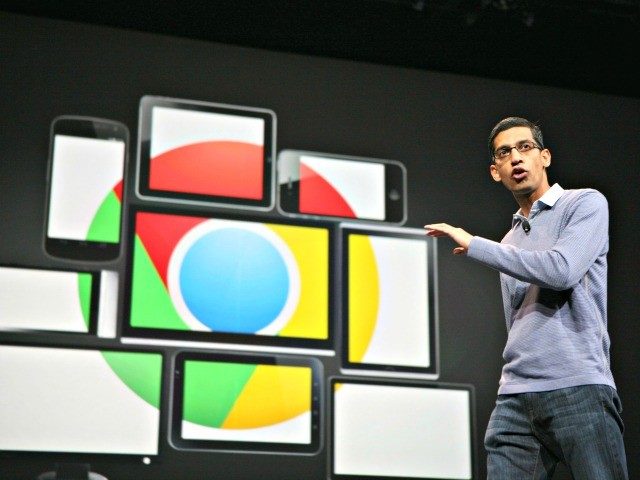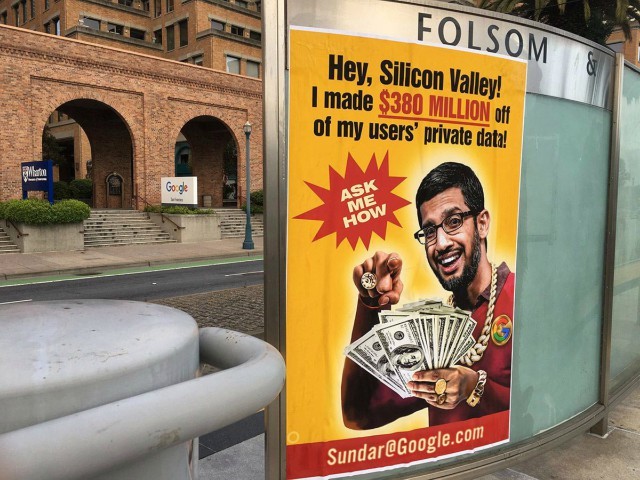Google has agreed to settle a class action lawsuit accusing the tech giant of collecting data from users of its Chrome browser’s Incognito mode. Incognito mode is supposedly a private browsing mode, but Google gathers significant data from users who mistakenly believe the Masters of the Universe will respect their privacy.
Ars Technica reports that Google’s decision to settle a lawsuit, originating from the Northern District of California, represents a significant turn in the ongoing debate over digital privacy. The lawsuit, filed by William Byatt of Florida, along with Chasom Brown and Maria Nguyen of California, accused Google of violating wiretap laws by continuing to “track, collect, and identify [users’] browsing data in real time,” even in Incognito mode. Breitbart News initially reported on the lawsuit when it was filed in 2020.
The core of the lawsuit is the allegation that Google, through tools like Google Analytics and Ad Manager, was able to collect data from browsers in Incognito mode. This data included detailed information such as web page content, device data, and IP addresses. The plaintiffs argued that Google’s practice of associating this data with users’ already-existing profiles was a clear invasion of their expectations of privacy in Incognito mode.
As Breitbart News reported in 2021, the tech giant was warned that its description of Incognito mode was deceptive:
The attorneys, citing Google documents, said Pichai “was informed in 2019 as part of a project driven by Twohill that Incognito should not be referred to as ‘private’ because that ran ‘the risk of exacerbating known misconceptions about protections Incognito mode provides.’”
The filing continued, “As part of those discussions, Pichai decided that he ‘didn’t want to put incognito under the spotlight’ and Google continued without addressing those known issues.”
Google initially sought to dismiss the lawsuit, highlighting the disclaimer displayed to users upon entering Incognito mode, which states that their activity “might still be visible to websites you visit.” However, Judge Yvonne Gonzalez Rogers dismissed this defense. She highlighted that Google never explicitly informed users that it continued to collect data even in Incognito mode. Judge Rogers stated: “Google’s motion hinges on the idea that plaintiffs consented to Google collecting their data while they were browsing in private mode. Because Google never explicitly told users that it does so, the Court cannot find as a matter of law that users explicitly consented to the at-issue data collection.”
On Tuesday, Google and the plaintiffs reached an agreement that will lead to the dismissal of the ongoing litigation. The details of the agreement will be presented to the court by the end of January, and final approval by the court is expected by the end of February.
Read more at Ars Technica here.
Lucas Nolan is a reporter for Breitbart News covering issues of free speech and online censorship.


COMMENTS
Please let us know if you're having issues with commenting.